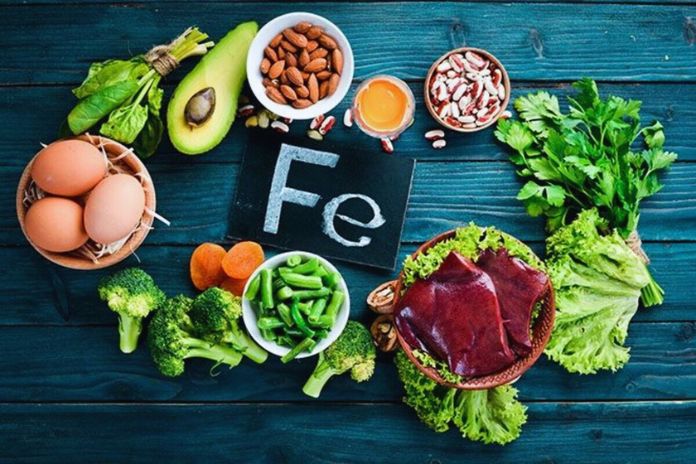Is your child a little picky at the table? This British teenager’s regrettable experience may give him pause. In an article published in the Annals of Internal Medicine, researchers from the University of Bristol report the case of a young person who became blind because of his poor diet. The teen first saw his doctor when he was 14 because he was tired. Although picky about his food choices, he did not show signs of malnutrition.
His tests revealed that he had anemia, and his vitamin B12 levels were low, requiring vitamin B12 injections. He also received dietary advice. A year later, when he returned to his doctor, he had hearing loss, but his MRI showed no abnormalities. Then, her vision became worse, but the eye exam seemed normal. There was no clear cause to explain these symptoms.
Junk Food Makes Him Blind
In the two years that followed, the young person lost a lot of visual acuity, reaching a score of 20/200; at the age of 17, he was considered blind. He had problems in both eyes, with loss of nerve fibers in the retina. Examination suggested optic neuropathy. MRI did not reveal any inflammatory or compression lesions. Genetic testing did not detect hereditary vision disease. According to his new biological analyses, the teenager still had a vitamin B12 deficiency, which put doctors on the trail of a dietary cause.
His BMI and height were average for his age: 66 kg for 1.73 m. The teenager did not drink alcohol, did not smoke, did not take medication, but he admitted that since elementary school, he had avoided a certain number of foods. Typically, during the day, he ate fries, white bread, ham, and sausages, a diet that provides calories but has an inferior nutritional content.
The young man’s vitamin D, copper, and selenium levels were low, while zinc was high. His bone density was low, probably because of his vitamin D deficiency. His gastrointestinal biopsies were normal. According to the authors, the adolescent’s diet and inadequate nutritional intake of vitamins and minerals are responsible for his optic neuropathy. This is why food supplements were prescribed to make up for these deficits. His visual acuity stabilized but did not improve. In a press release from the University of Bristol, Denize Atan, one of the study’s authors, explained: “This case highlights the impact of diet on visual and physical health and the fact that intake of calories and BMI are unreliable indicators of nutritional status. » The team recommends that routine medical exams include questions about diet.
Causes Of Nutritional Optic Neuropathy
This rare case reveals that a poor diet, already known to promote cardiovascular diseases or obesity, influences vision. Dietary optic neuropathy is a brokenness of the optic nerve. It is reversible if treated early enough; otherwise, it causes lasting damage to the optic nerve and leads to blindness. When they are not nutritional, optic neuropathies can be due to genetics or toxic molecules. Typically, visual loss is symmetrical and painless.
In developed countries, the main causes of nutritional optic neuropathy are intestinal problems and medications that interfere with nutrient absorption, with these factors being compounded by alcohol and tobacco. But purely nutritional causes in these countries are rare, which is not the case in regions of the world affected by famine and malnutrition, where these optical diseases are more frequent. Deficiencies in vitamins B1, B2, B3, B6, B9 and B12 promote optic neuropathy.
Thus, at the beginning of the 1990s, an epidemic of nutritional optic neuropathies affected Cuba, with 50,000 inhabitants affected, or 0.5% of the population. Due to the embargo imposed on this country and the cessation of trade relations, food quality declined, and the menus needed to be more diversified. With the distribution of multivitamins, the incidence of optic neuropathy has decreased.
Furthermore, patients who have undergone bariatric surgery may have encountered this problem due to nutritional deficiencies. Finally, to avoid visual problems, vegans must ensure they have a sufficient intake of vitamin B12; this molecule is present in animal products: fish, meat, eggs, and dairy products.
Read Also: Not All Forms Of Vitamin K Are Good For The Heart




